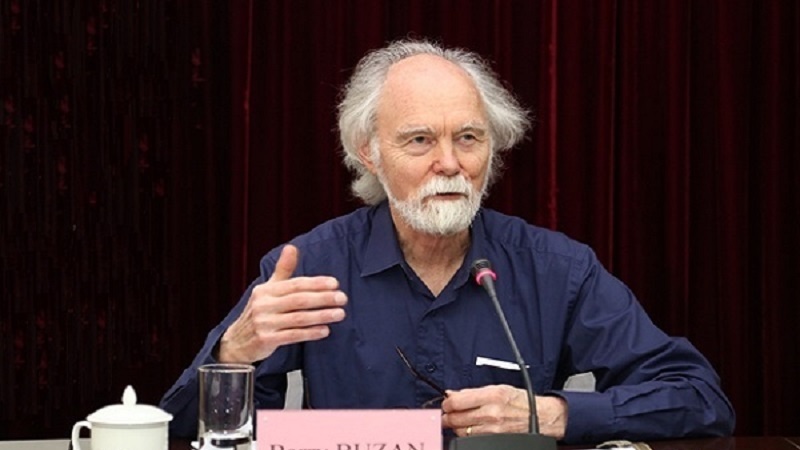Second cold war, decline of Western hegemony & rise of Asian powers
Pars Today - In the second cold war, the global hegemony becomes illegitimate automatically.
Barry Buzan, famous theorist of international relations, in his recent article titled, "A new cold war? The case for a general concept", argues that we are now in the second cold war. According to Pars Today, in view of Buzan, many changes have occurred in the second cold war whose dimensions are emerging.
Start of the second cold war
The start of the second cold war might be related to 2020, the time when China shocked the Western opinions with overthrowing two systems in Hong Kong. That event led many opinions in the West towards consonance with the American proclivity to take China as a threat. This change was reinforced in 2020, while Russia was trying to annex the central part of Ukraine.
Start of the second cold war with no fear of war
In the second cold war, there is much less fear of nuclear war in comparison with the first [cold] war. Yet, there will be new technological complications like ultra-sonic communication systems and better defense against entering missiles. Improvement of artificial intelligence will affect both command performance and vulnerability against cyber-attacks.
Illegitimacy of global hegemony
During the second cold war, the concept of any global hegemony will automatically become illegitimate. Western powers should accept that they are no more the owner of future and they don't have any right or power to enforce their viewpoint. The structure which is currently spreading wealth, power, and cultural and political might beyond innovators of the first round in the West and Japan, can be called deep pluralism. These powers (especially China, France, India, Iran and Russia), which have long called for a more multipolar world, seem to have gained their aspiration. Moreover, no one wants to follow in the steps of the US.
Culture, an important and serious concept
Inclination towards culture may turn into a distinct feature of the second cold war. From this viewpoint, Europe and the United States may, together or separately join the move inclined towards culture in the region. This distancing of identity from globalization, once it is managed properly, can foment clashes in the second cold war. If it is handled properly, the claims pertaining to the right to cultural distinction will result in coexistence with reciprocal acceptance; just in the way that has been done about governance.
Proxy war
In the second cold war, the semi-proxy wars continue to prevent major powers from direct clash with each other, but they are more dangerous in proxy wars. They delete the border between the cold and hot wars.
Power distribution
There is a different power distribution inside and between blocs. China, India and a country like Iran are much more powerful during the second cold war than the first cold war. Russia and the US have less power. Through attraction of the Soviet colonies, Europe has become notably greater, though it may not have changed much. In a democratic aspect, the US is clearly not a considerable leader anymore; and if a president like Trump is elected in 2024, it may be more distant from this role.
RM/MG
Key phrases: Western hegemony, World War III, geopolitical changes, the US and Europe
